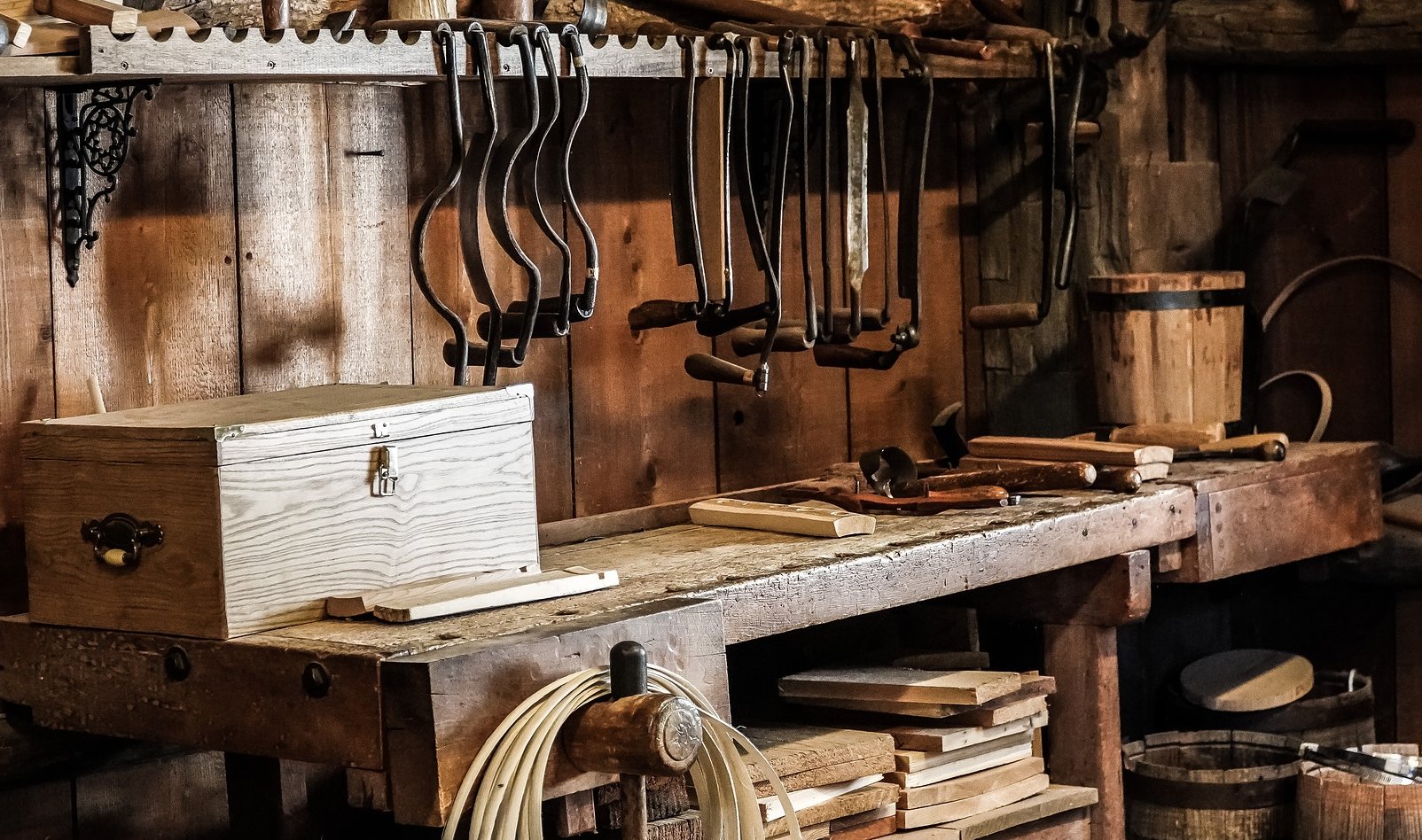Where Woodworking Can Take You

As a woodworker with many years of experience, I can attest to the fact that woodworking is a truly rewarding and fulfilling craft. When I was a young person, I was lucky enough to have a woodshop class in my high school, and that’s where my love of woodworking really took off.
I remember being a little intimidated at first with all the woodworking jargon, but as I learned more and started working on small projects, I quickly gained confidence and started to really enjoy the process. There’s something about shaping a piece of wood into something functional or beautiful that just can’t be beat.
One of the things I love most about woodworking is the fact that it’s a craft that can be enjoyed by people of all ages. Whether you’re a seasoned pro or just starting out, there’s always more to learn and discover. And even though I’ve been woodworking for many years, I still find myself learning new things all the time.
Exploring the Different Types of Woodworking
Over the years, I’ve had the opportunity to try my hand at a variety of different types of woodworking. I’ve built furniture, turned bowls on a lathe, and even carved a few figurines. Each type of woodworking has its own set of challenges and rewards, and I’ve enjoyed exploring them all.
One of my favorite types of woodworking is woodturning, there’s just so many different types of wood to choose from, and work with. Whether I’m turning a bowl or a vase, I always find myself getting lost in the process and enjoying the meditative nature of the work.
Where to Carry Out Your Woodworking Projects
When it comes to woodworking, you have a few different options for where to work on your projects. Personally, I have a dedicated workshop in my garage where I keep all of my tools and materials. I find that having a dedicated space helps me stay organized and focused on my projects.
However, if you don’t have the space or resources for a workshop or workbench, there are still plenty of options. You could work on your projects outdoors, or consider joining a woodworking club. These types of facilities often have shared workshop space and equipment that you can use.
Basic Tools for Woodworking
No matter where you choose to work on your woodworking projects, there are a few basic tools that you’ll need to get started. Some of the tools that I always have on hand in my workshop include:
- A variety of saws (hand saw, circular saw, jigsaw, etc.)
- A drill
- A set of chisels
- A hammer
- A set of hand planes
- A set of screwdrivers
- A set of measuring tools (tape measure, square, etc.)
As you become more experienced and start working on more advanced projects, you might want to consider investing in additional tools and equipment. For example, if you’re interested in woodturning, you’ll want to add a woodturning lathe to your workshop. Similarly, if you plan on doing a lot of resawing or cutting curves, a bandsaw can be a valuable addition to your tool collection.
Gaining Skills and Moving On to More Advanced Woodworking
As you work on more and more woodworking projects, you’ll naturally start to gain skills and become more proficient. You’ll learn new techniques, develop a better eye for detail, and become more efficient with your tools.
I can remember when I was first starting out, I’d never even heard of a mortise and tenon, and it seemed like every project was a challenge so I joined the local library and worked my way through the whole of the woodworking books section. Then as I gained practical experience and learned new techniques, I found that I was able to tackle more advanced projects with ease. I remember the first time I built a piece of furniture from start to finish. It was a small bookcase, but it was a huge accomplishment for me. I was so proud of the final product and it gave me the confidence to take on even bigger projects.
As you progress in your woodworking journey, you might find that you’re ready to tackle more complex projects, like building a dining room table or a set of kitchen cabinets. These types of projects require a higher level of skill and precision which involve more advanced woodworking techniques, but they can also be incredibly rewarding.
One thing to keep in mind as you work on more advanced projects is to always be willing to learn and try new techniques. Whether it’s trying your hand at woodturning or giving wood carving a go, a new joinery method or a different finishing technique, there’s always more to learn in the world of woodworking.
So Grab Your Tools and Start Building!
Whether you’re just starting out as a woodworker or you’ve been at it for a while, the future of woodworking is looking bright, just remember that there’s always more to learn and explore. From small projects that help you build your skills to more advanced projects that push you to grow and improve, woodworking is a craft that offers endless possibilities. Happy woodworking!